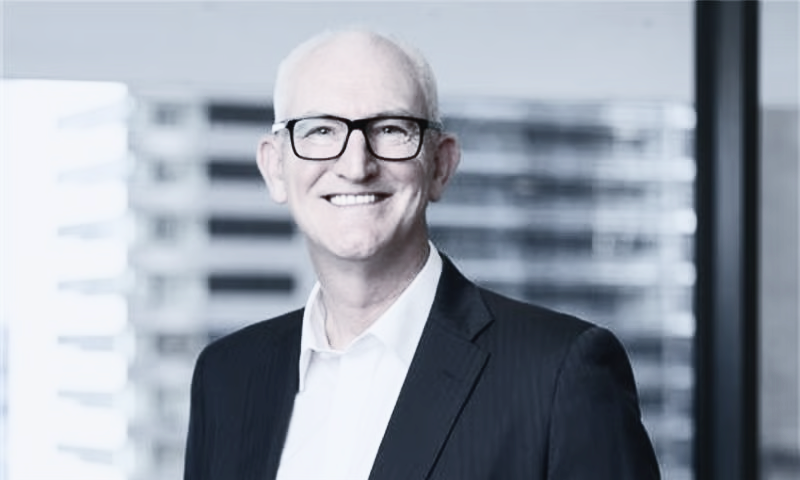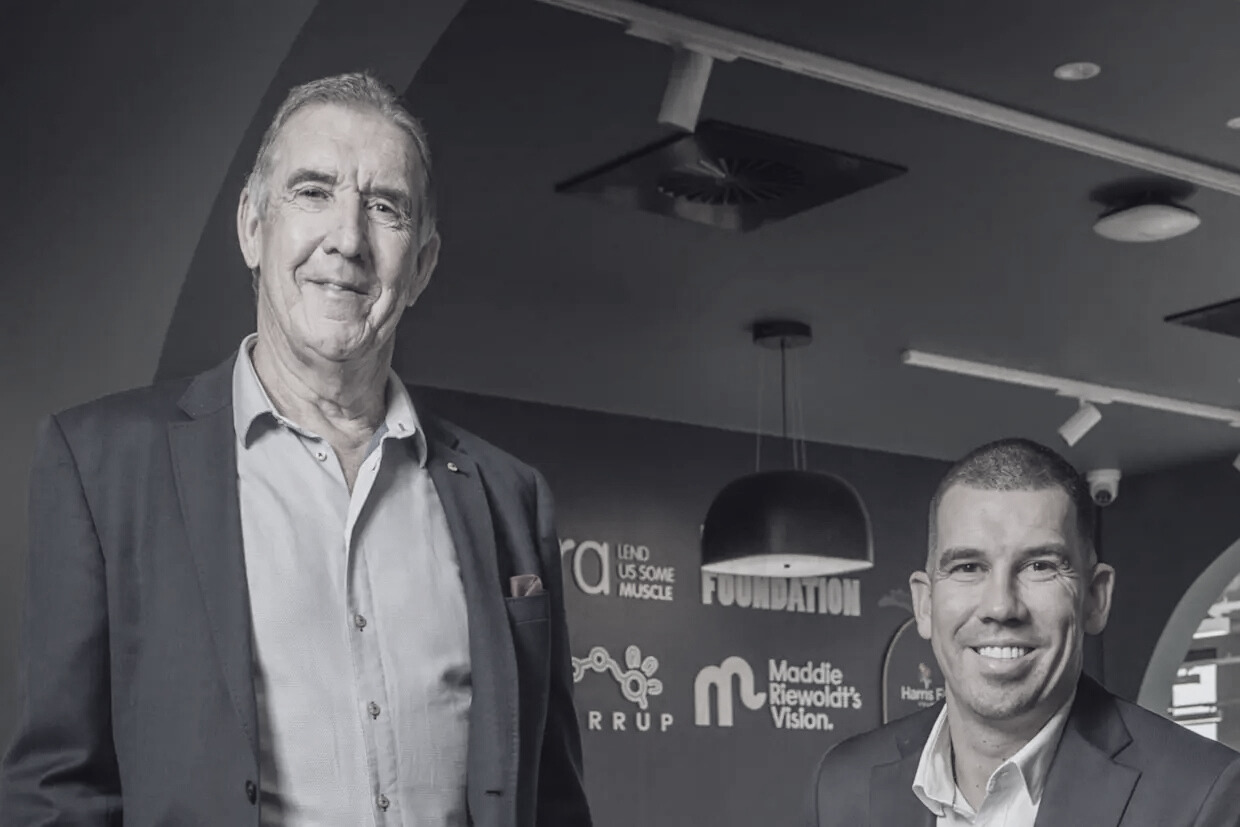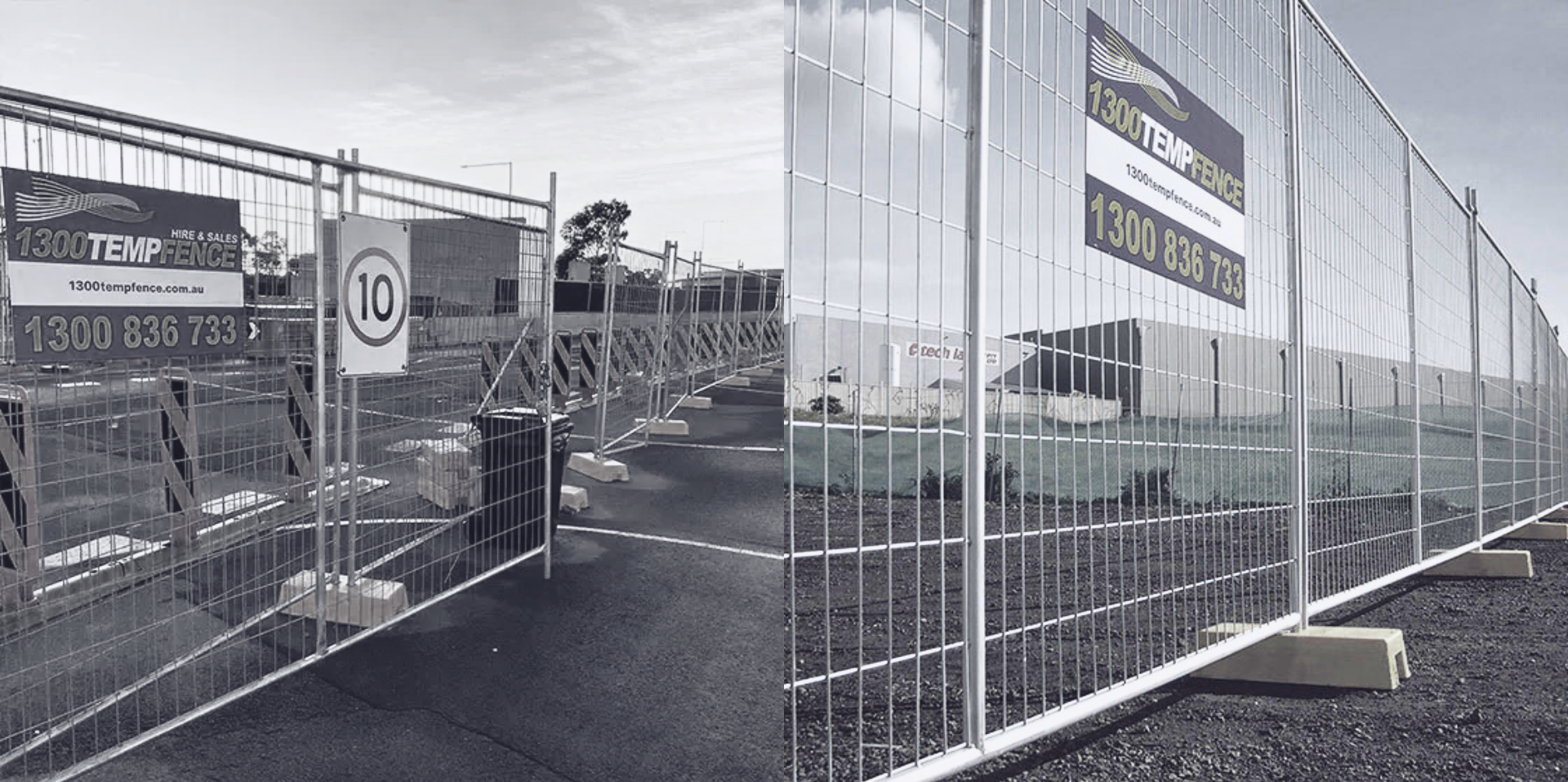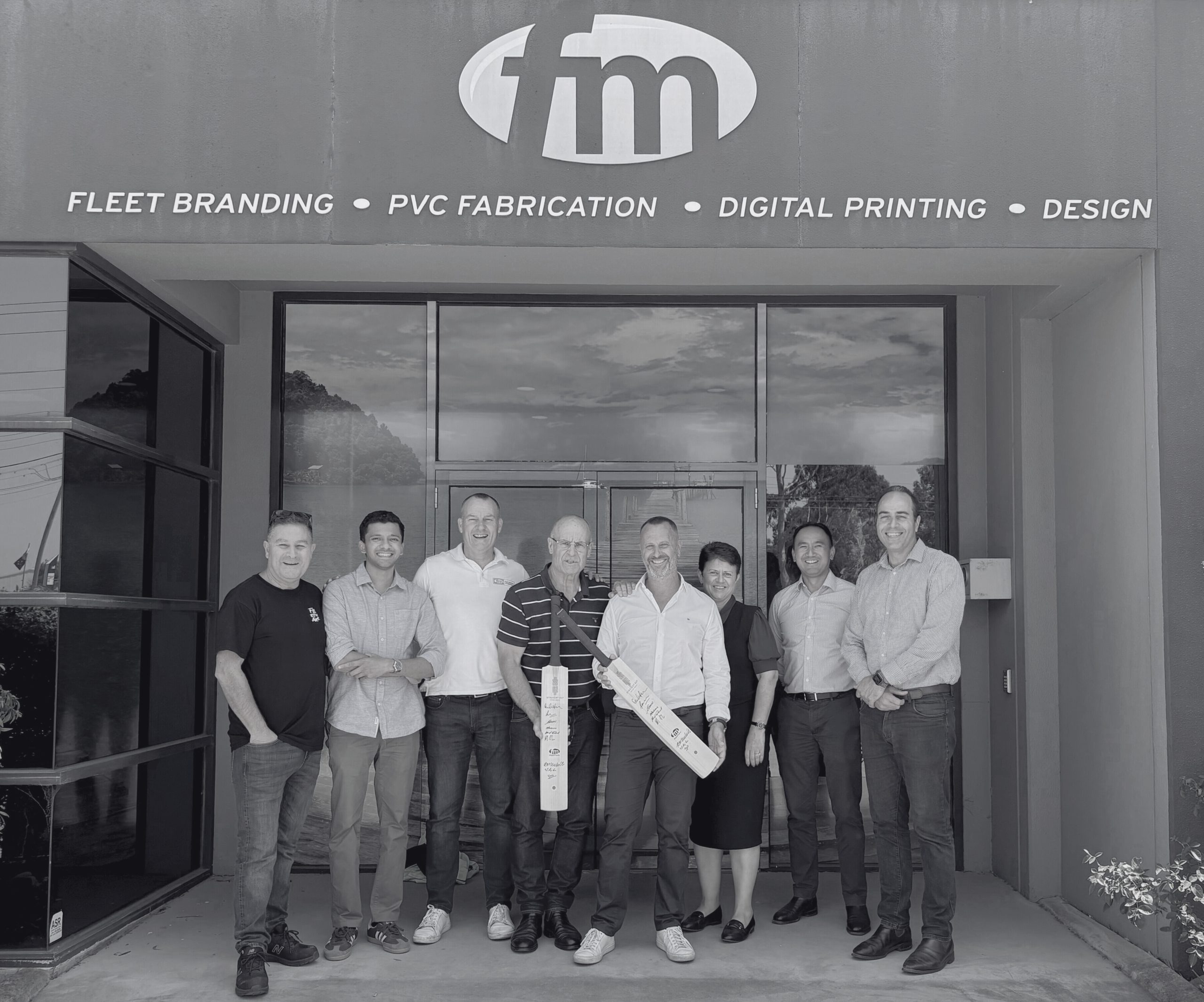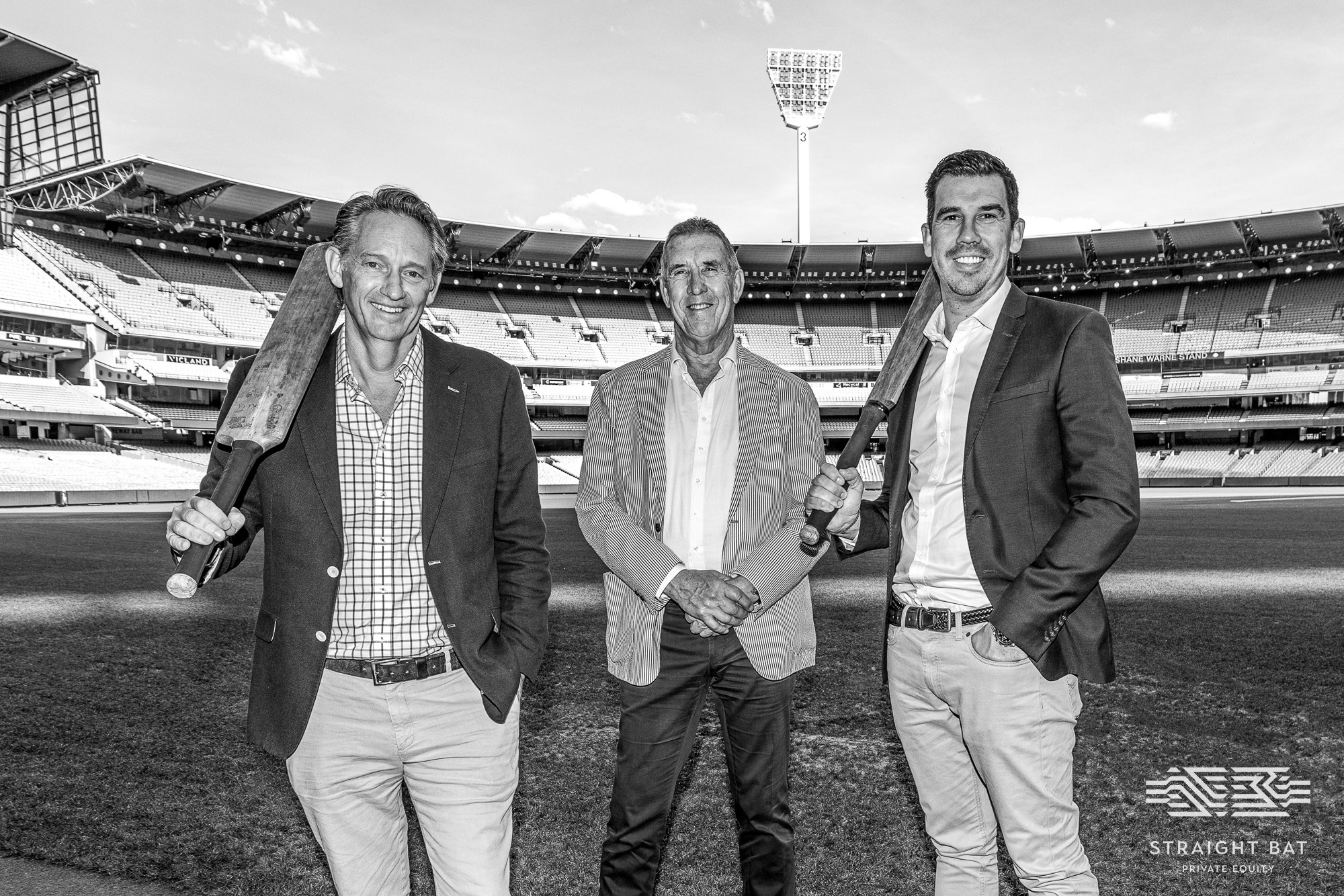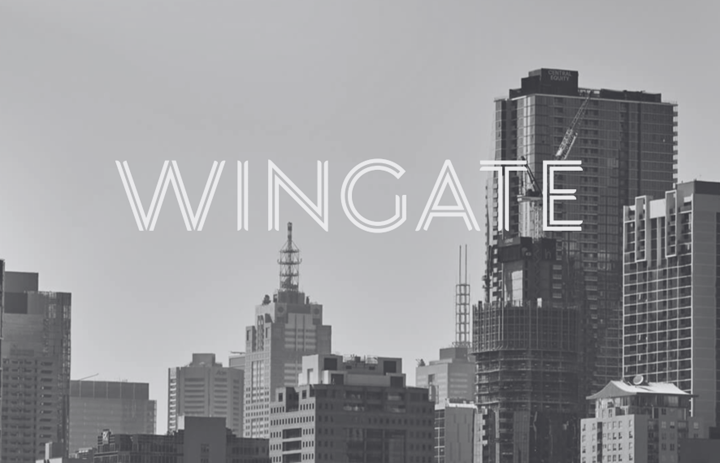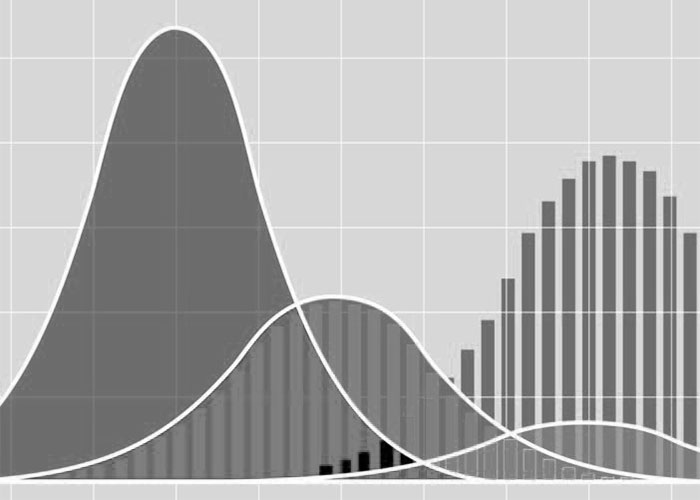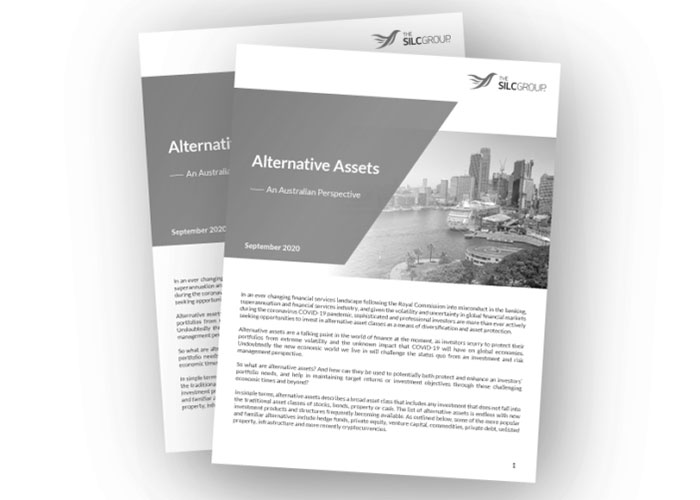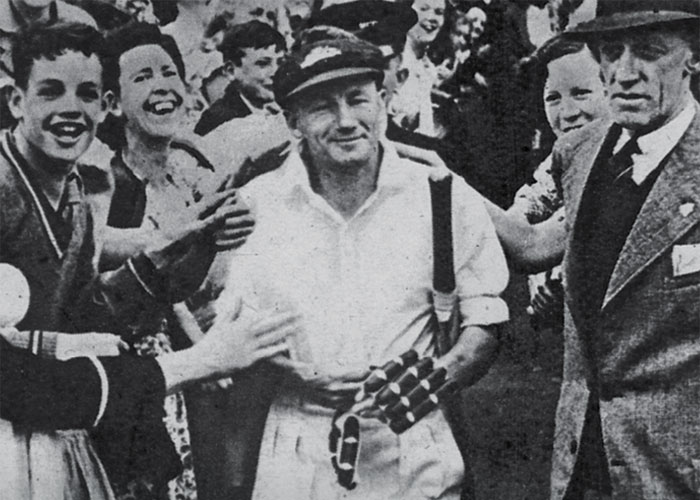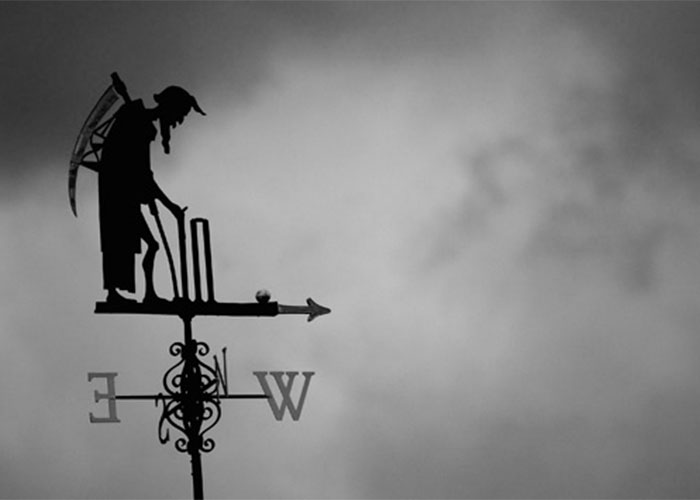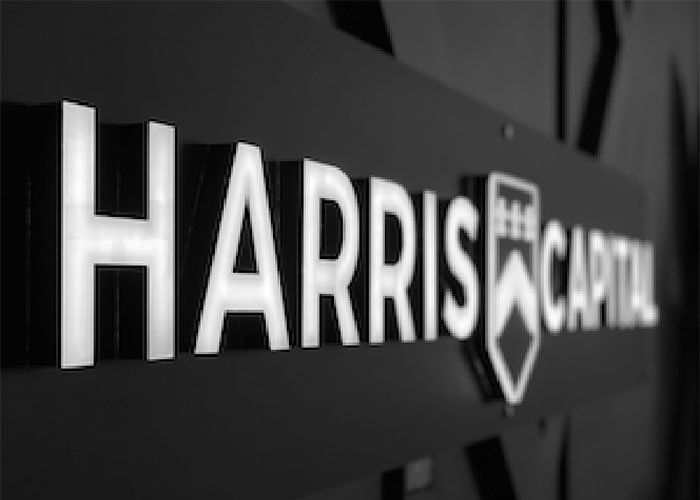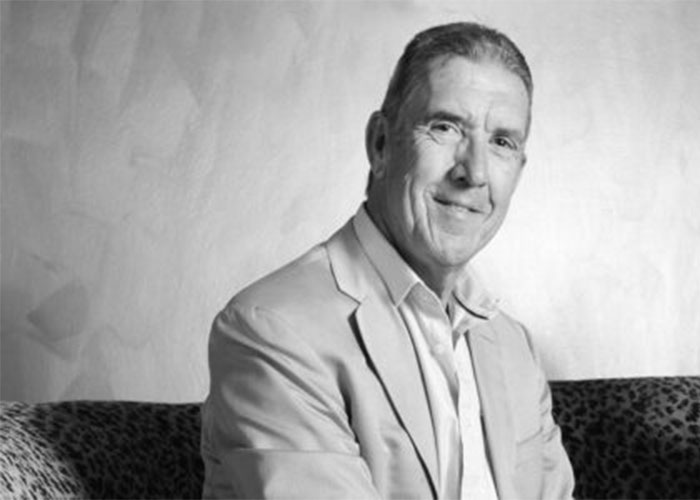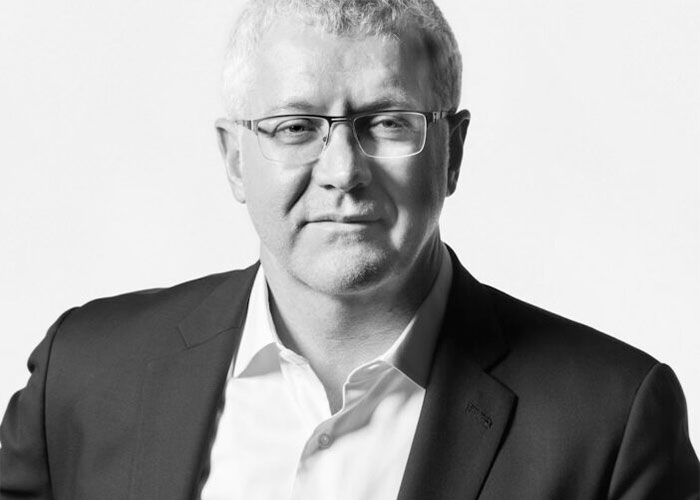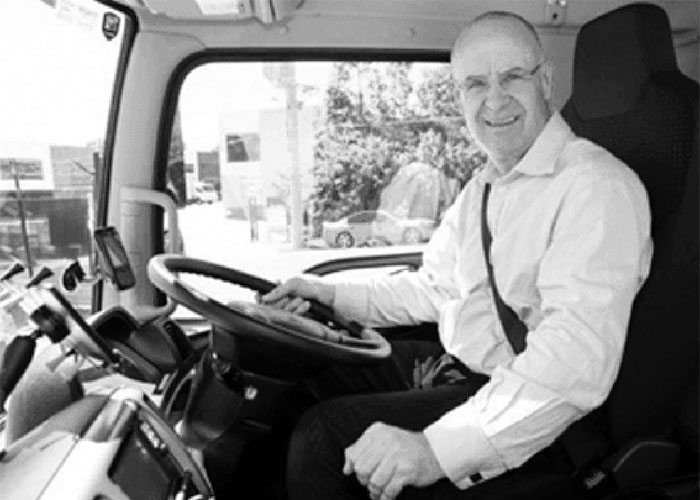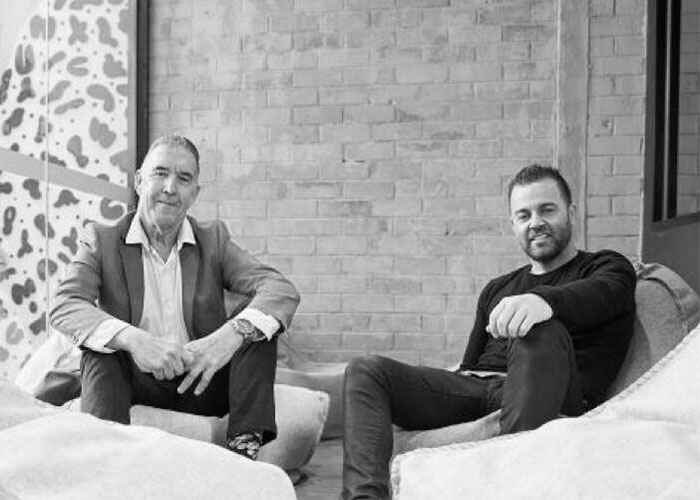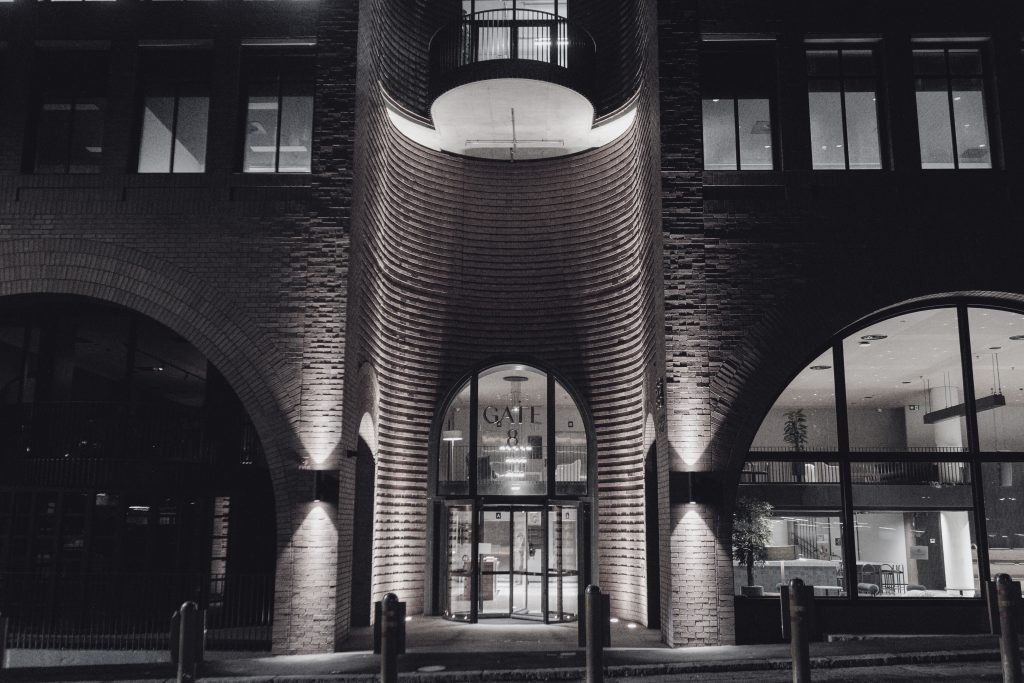
Wealth Reporter
For 364 days every year, anyone who wants to buy into this private equity fund has to sit on their hands.
But come June 16 this year, it is a different story.
That’s the only day that Straight Bat – a private equity fund that counts Flight Centre co-founder Geoff Harris, ex-Foster’s CEO Trevor O’Hoy and Wingate founder Farrel Meltzer as members of its team – will accept applications.
Straight Bat is looking for another $100 million, aiming to grow from $343 million to $450 million by the middle of the year.

“Money has a value over time,” Straight Bat managing partner Steve Gledden says from his offices with a panoramic view of the iconic Melbourne Cricket Ground, the home of the sport that inspired his fund’s name.
By restricting when it accepts funds, Straight Bat provides much more certainty to investors than the funds that accept money even when they might not have something to spend it on, Gledden says.
“We have lots of investors who are very desirous of putting money to work. But any ambiguity about when we will need that money is problematic [for them].”
“They don’t want to just be sitting around on $5 million, they want to be doing something with it. So providing more certainty about when that date will be is a very important part of what we do.”
The concept is proving popular. Straight Bat has a waiting list of investors and would-be investors lined up to put money into its specialist private credit fund, he says. It accepts minimum applications of $250,000, but the majority of its capital comes from much larger investors.

“Wholesale sophisticated investors [and] self-managed super funds can absolutely invest. We have 250 investors, 20 of whom are on rich lists or are household names.”
Gledden says they are happy to take the “smaller” investments – “it’s almost like an opportunity just to try Straight Bat and see how it goes, but then perhaps down the track, take a much more significant decision”.
The fund’s investment proposition is also rare in private equity, which is normally notorious for loading investments up with debt before selling them. Straight Bat has “almost no debt in the portfolio companies and almost no debt in the fund”.
“We are an income-oriented fund that plays the long game. We invest in mature, robust, highly profitable, some might call them unsexy businesses, that quietly do things that nobody notices, that underpin our quality of life.
“We are trying to create a fund for the long-term value investor that generates regular quarterly cash dividends with diversified sources of revenue.”
Anyone wanting to invest could have competition from the fund’s already deep-pocketed members, including Lindsay Smith, whose family sold a 65 per cent stake in PFD Food Services to Woolworths for $552 million in 2020 after building it over 60 years.
“I sit on Straight Bat’s selection committee,” says Smith, who leads the Smith family’s private office. “This year’s investments are among the best opportunities the fund has seen, and we will be giving this opportunity very serious consideration [to investing more].”
The fund is happy to hold the investments it makes forever. It is more interested in generating steady dividend and capital growth for its investors than traditional private equity investors, which usually seek to exit investments via initial public offerings or sales.
“Our fund trust deed goes for 80 years, so we can invest in businesses we’re happy to own forever. What that means is that we continue to add positions to the fund over time, and we expect that in four or five years’ time, it will be more than $1 billion in funds under management.”
Straight Bat has invested in 10 companies so far, mostly alongside the founders of the companies it buys into, and it expects to grow that to 15 and then 20.
“We will bolt on businesses to existing platforms. So, over time, some of those businesses … inevitably will grow and become quite substantial.”
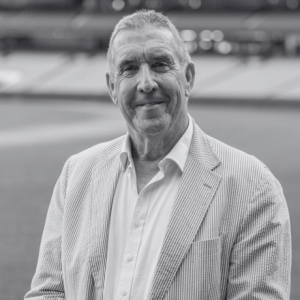
Straight Bat’s investments include traffic equipment hire company RPM Hire, dairy nutrition company Provico, plumbing and electrical company Toner Group, insurance law firm Wotton Kearney, signage business Fleetmark and Sydney-based Click Click Marketing.
“All of them generate $10 million to $200 million in revenue, $5 million to $50 million in EBITDA. And our selection criteria includes that they make EBITDA margins greater than 20 per cent. These businesses are highly profitable, but they’re not necessarily high-growth.
“That 20 per cent margin is indicative of some sort of competitive advantage or a moat. These businesses are value pricing, they are not cost-plus pricing.
“They’ve all been around for 10 to 30 years, profitable through that time. These are long game players, safe, steady players, you know, notching up singles rather than swinging for the fences type stuff.”
As you will know by now, Straight Bat sees the world very much through a cricket lens.
It’s that philosophy that means future expansion for the concept, which is Australia-focused, may be better suited to markets where the concept of playing with a straight bat – with patience, watchfulness, care and integrity – is well understood, such as India and the United Kingdom.
The love of cricket might also explain why this year’s application day is not taking place on that “one day in September” made famous by the other great sport played at the MCG.
